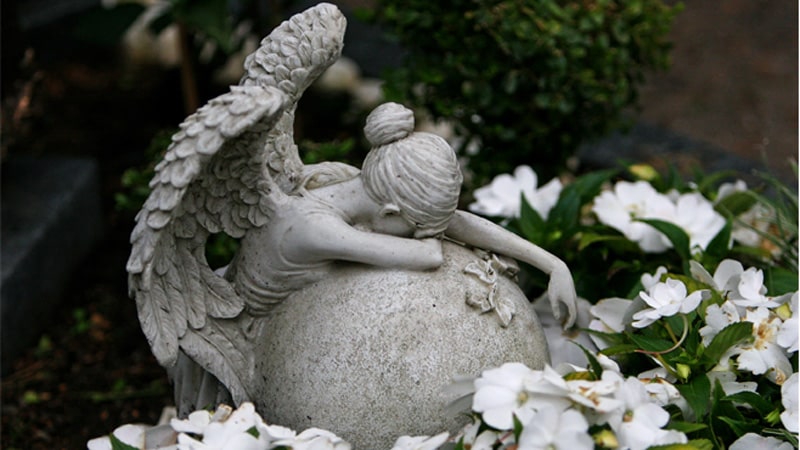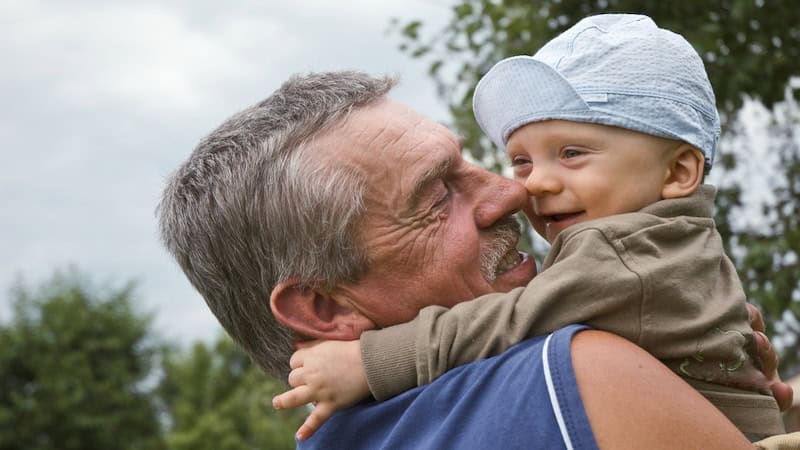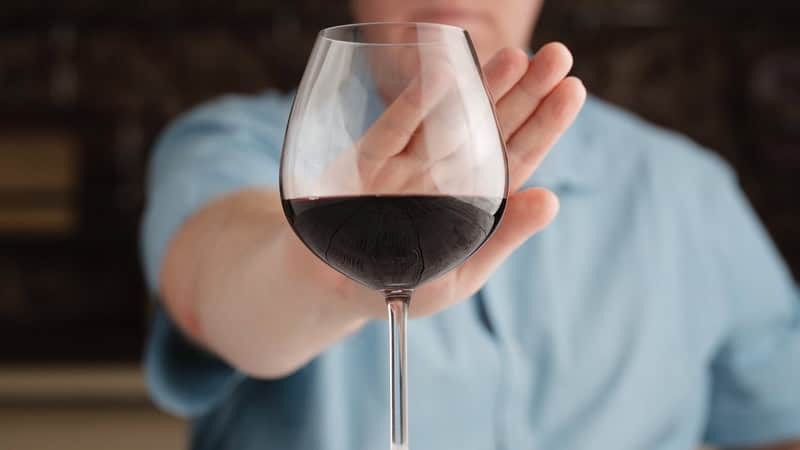Only Now Do I Understand
Looking back on my parents’ passing

In 1985, when I was 31, my dad passed away. Mom followed 11 years later. Both were buried at age 70. Dad’s death was announced into my life by a phone call: “David, it’s your Aunt Elaine. Sammy had a heart attack.” Mom’s demise stretched out only a little longer: a cardiac event that led to a short stay in the hospital (I recall her shriveled figure; my thought then was how she resembled the long ash of a cigarette, and I marveled at what force could hold her together; would she crumble at a touch?), then another phone call. In both cases, the news and loss arrived abruptly, quick blows which left almost no time to fathom.
In both instances, I didn’t hold the belief that my parents had died young. To my youngish self, 70 seemed ample somehow. I’m ashamed to admit this now. It feels naïve and not a little self-serving. They’d slowed, retired; Mom thickened while Dad grew more pencil thin. They’d divorced and lost the purpose of each other and family; they’d drifted away from the synagogue and the Jewish life that had anchored them for decades. Mom no longer taught but played lots of bingo; Dad bragged about good meals he’d eaten. Gauged against my seemingly more robust 31- then 42-year-old life, my unknowing solipsism, even innocently, even loving them both, their respective deaths seemed neither unnatural nor untimely. The suddenness with which they were gone came not as a relief, for I began missing them the instant they left. But it was not a shock.
With age, as we know, comes a more reflective approach and rhythm. Unavoidably, wisdom collects. The older we get, the more we look back, as if our own deaths are a following cop. Now, when I recall my folks’ latter years, I remember Dad kept a trailer at a Good Neighbor Sam RV park in the Florida Keys; he spent every October through May there fishing, puffing cigars, dealing gin, shrimping off the bridges, riding his three-wheel bike even with his multiple sclerosis, and being the tanned, crusty personality his cronies, park staffers and every waitress adored. Summers he spent in Richmond; he visited the VA Hospital to renew and retain his strengths, attended R-Braves games often with me, played poker with his Richmond gang and visited his brother in Milwaukee.
Mom didn’t just play bingo; she organized outings for church groups to travel to casinos in Vegas and Atlantic City – one night she survived a bus turning over, then persuaded 50 Baptist ladies to sing gospel in the ditch while they waited for the police. She baked me cakes and read biographies of Hollywood stars (Tony Quinn, Sinatra, Sammy Davis, Reagan!); she delivered brownies to the rescue squad. Mom raised a psycho Irish setter.
She and Dad shared the same dynamic, wise, generous and weak heart.
So, at 42, I became no one’s son.
I forged on, trying to become my own best compass once the originals no longer pointed the way. I began, by instinct, to insulate myself from grief and absence. I wrote my stories, took my travels and accepted credit and blame as if these should be mine alone. I got into the egoistic habit of thinking of myself as the founder of my feasts, as if I had no antecedents. Dad and Mom, Sam and Carol, were gone, I was not, and I had a life to lead.
This year, I turned 63. Every morning, I clap my hands and say or think: Let’s do this. I feel vibrant and able, I envision new windmills to tilt. I figure seven more years won’t rob me of this. But what would I think of myself if I were young again, looking at me? Would I put myself out to pasture? Did I get too unhurried, too gray, too something, not enough something else? Young fella, best not say that to my face.
In my selfish, speedy youth I did not realize how every day, Mom and Dad touched folks, either deeply by helping or inspiring them or lightly by making them laugh or leaving a good tip. They did this every day, just like I, their son, try to do.
Dad might have grown lean and craggy, Mom soft and goofy. But by measures such as humility, prudence and the love of their own lives, they dwarfed my little ongoing time.
My parents died too soon. Maybe yours did, too. I understand now, that any day they passed was too soon.
David L. Robbins is a NY Times best-selling author whose 13th novel, The Devil’s Horn, was published last November. The Sandston native is the founder of the James River Writers, co-founder of The Podium Foundation and creator of the Mighty Pen Project veterans’ writing program. A play based on one of his novels, The End of War, was presented earlier this year by the Virginia Repertory Theatre. He is currently at work on an epic novel set in Israel 1945 to 1948.


